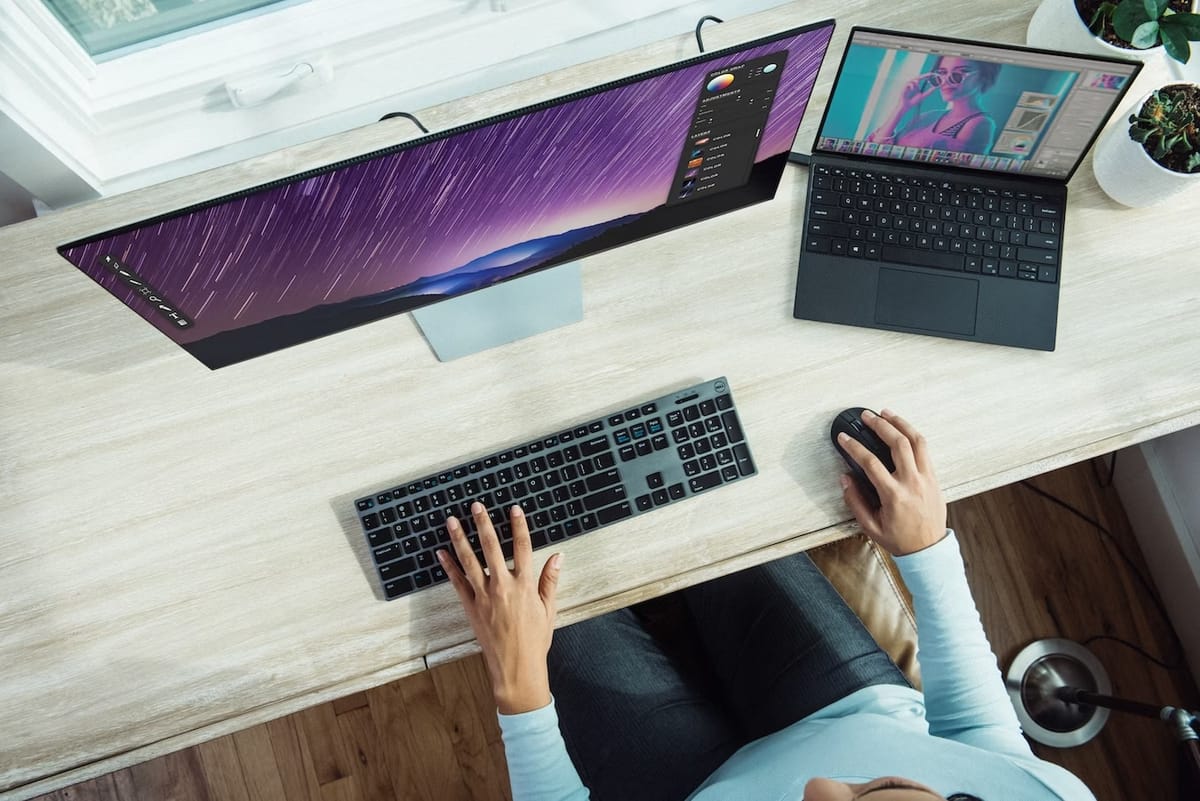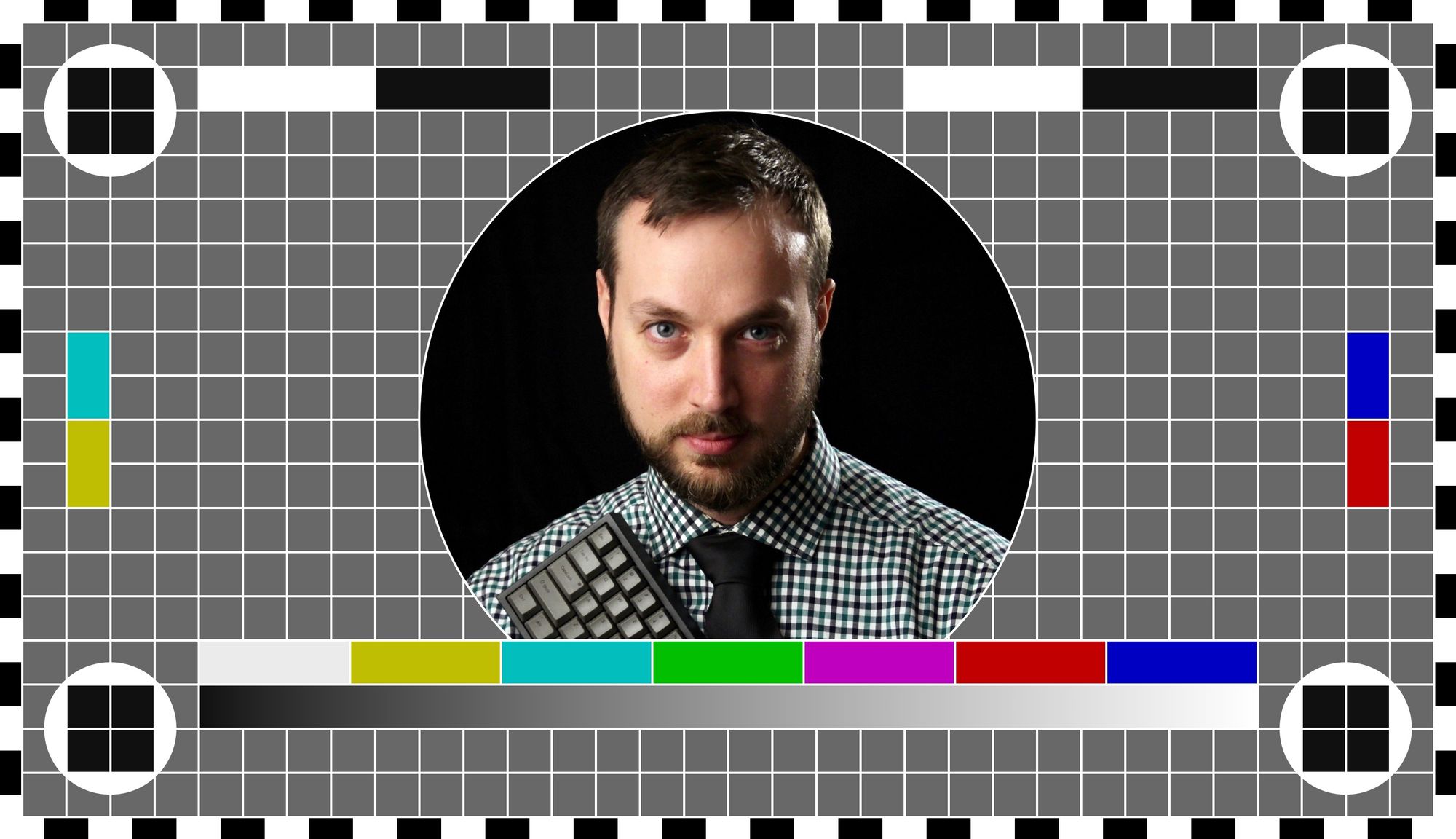Build Now, Talk Later, Maybe...
Striking a balance between exhaustive idea validation and reckless abandon, 'Build Now, Talk Later, Maybe...' is about giving ideas a tangible form. It's about creating something that serves a personal purpose and stands as a testament to one's ability and principles.

In the startup world, we often hear cautionary tales like the one shared by Pablo Srugo, where a great idea, fueled by hype and a compelling narrative, fails to materialize into a viable product despite significant investment. It's a stark reminder of the importance of grounding our entrepreneurial dreams in market realities.
However, there's another side to this coin that I've been contemplating. In my own journey, I've been meticulous about validating ideas, sometimes to the point where potential opportunities were dismissed before they had the chance to breathe. This conservative approach has kept me from financial ruin, but it has also left me wondering about the 'what ifs.'
Reflecting on this, I'm considering a new philosophy I've dubbed "Build Now, Talk Later, Maybe..." It's about striking a balance. Instead of exhaustive validation that leaves no room for serendipity, I propose building a 'me-MVP'—a minimum viable product that serves my needs, scratches my itch, and is within my means to create.
This approach isn't about reckless abandon; it's about giving ideas a tangible form. It's about creating something that, even if it doesn't capture the market, serves a personal purpose and stands as a testament to one's ability and principles.
Startups are a blend of art and science, and sometimes, the act of creation can't be fully justified by research alone. If an idea resonates with you deeply, perhaps it's worth exploring through a prototype that can later be shared with the world. Who knows? What starts as a solution for one might just be the solution many are seeking.
I'd love to hear your thoughts on this. Have you ever held back on an idea for fear of it not being 'market-ready'? Or have you taken the leap and built something primarily for yourself, only to discover there was a broader audience for it?
